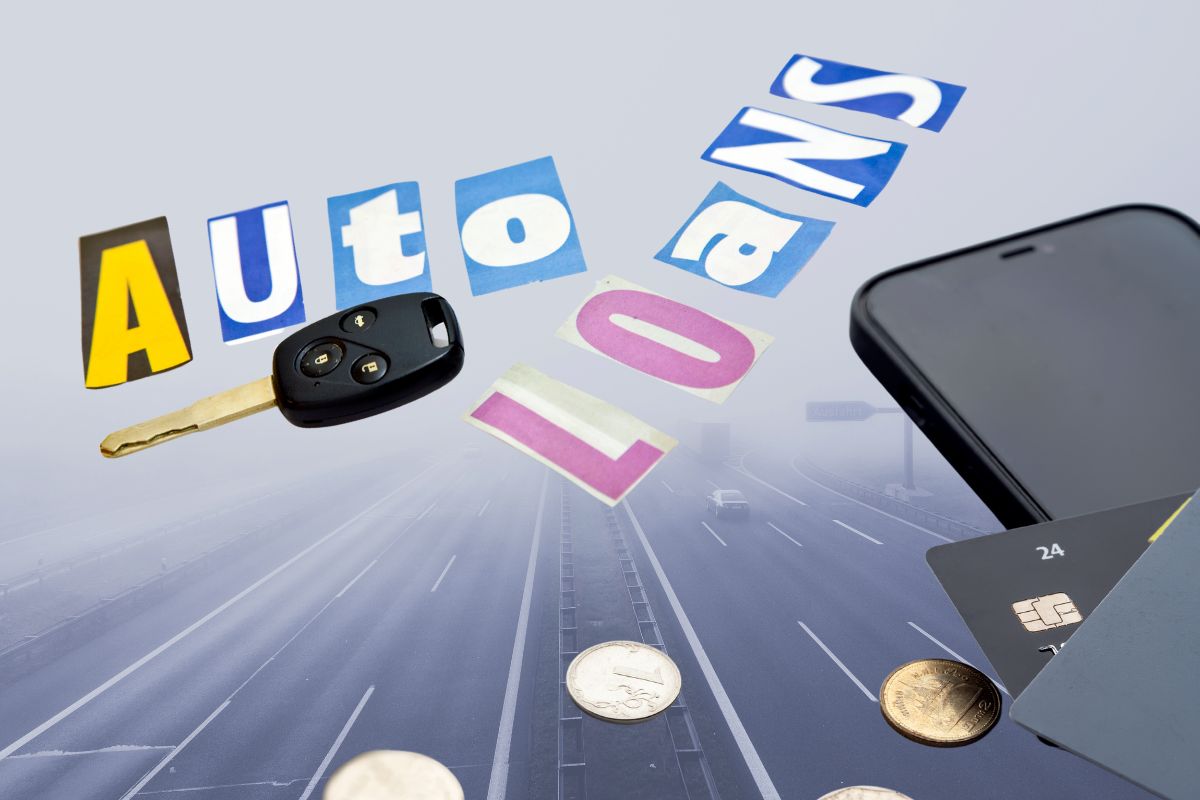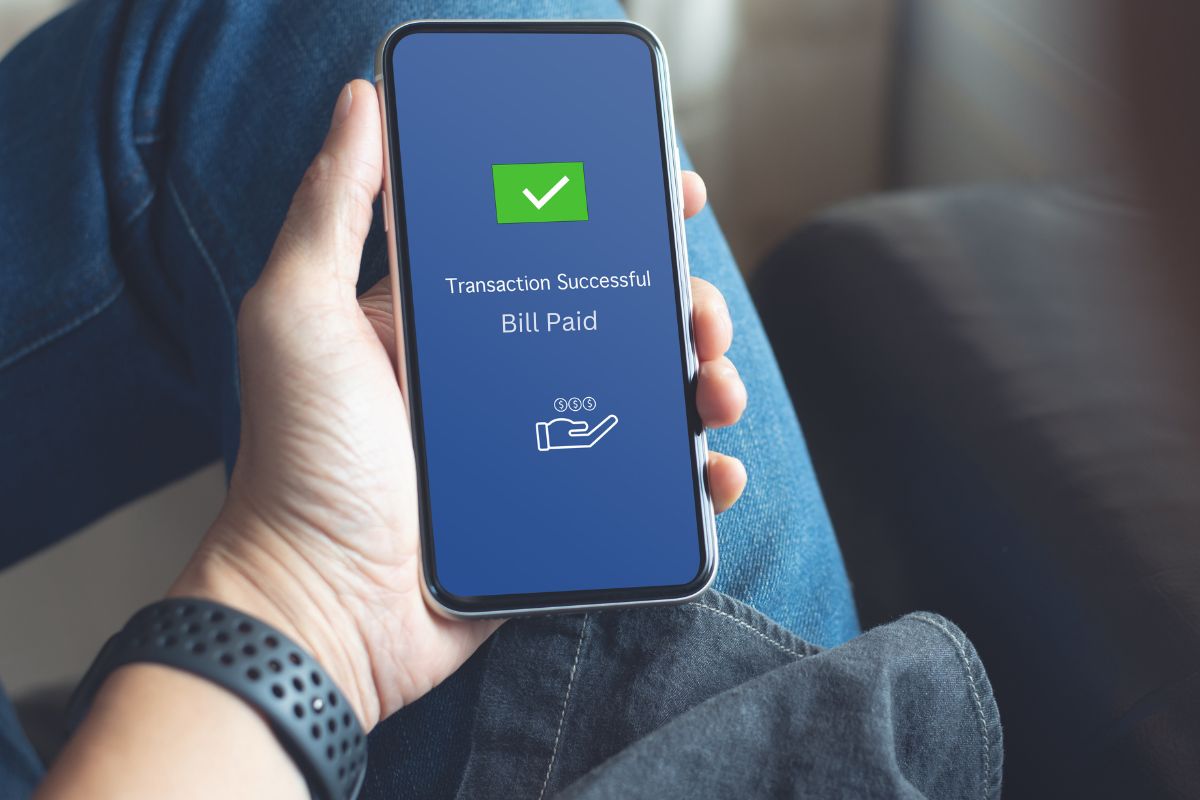A recent study showed that one in five consumers make auto loan payments in this way
Consumers are getting on board with mobile wallets to an increasing degree, not only for making purchases in store, but also for a range of other types of transactions.
Convenience makes them popular
Among the advantages consumers are enjoying the most about using mobile wallets for a spectrum of applications is that they can use them for managing their finances and for storing sensitive personal identification information, among other data.

A recent PYMNTS survey conducted in conjunction with ACI Worldwide showed that bill payments are among the top uses for these apps. In fact, more people use them for paying bills than they do NFC tap-to-pay or QR code options.
Millennials are particularly comfortable with using mobile wallets to pay bills
Overall, consumers have used these apps for paying at least three or four of their bills within the past twelve months. Among the types of bills paid, those that are most common are for mobile phone plans, credit cards, home internet, and utility bills.
Almost 44 percent use mobile wallets to pay their mobile phone bills, while 35 percent use them to pay their home internet bills.
Furthermore, another 33 percent have opted in for utility bill payments, and another 31 percent use the apps to make subscription payments. According to the survey data, more than 20 percent will use this same method to make their auto loan payments.
On the whole, consumers are choosing this method because they appreciate the convenience of doing everything in one place, right from their smartphones. They like the seamless, streamlined process, skipping any need for entering payment information. This way, they can get the job done quickly, without any hassle. Furthermore, as they feel that the transactions are completed securely, they feel confident in this method of sending payments.
Beyond paying their bills, consumers can also use mobile wallets for storing credit and debit cards, sending person-to-person payments, transferring funds between their own bank accounts, and managing transactions. Furthermore, they can also securely store different types of ID cards, virtual keys, and event tickets, cutting down on the number of physical documents being carried, or providing backup copies in case they should be forgotten or lost.


